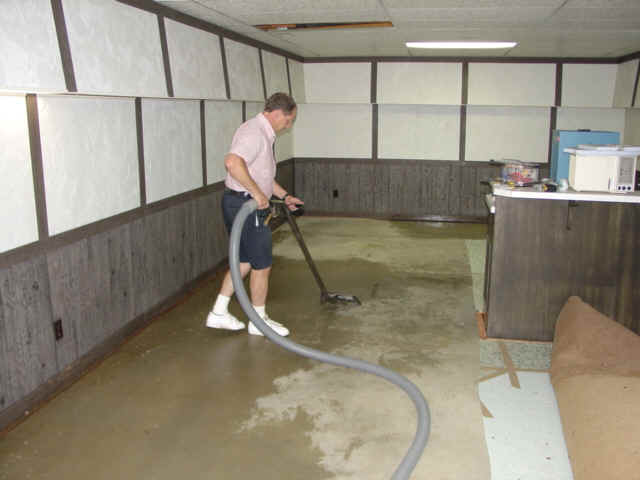Flood water can create a number of complicated problems for people who use private sewage disposal system also known as septic system. Adequate care must be taken in order to avoid damage to sewer line during flood conditions.
Flood water increases the pressure on sewage system and it leads to sewage/sewer backup. Sewer backup causes health hazards and it is generally expansive to repair the damage caused by sewer backup to sewer line. You’ll need assistance from commercial plumbing and sewer service provider to solve such an issue.
Preventing Sewage backup
The following are a few effective ways of preventing sewage backup during flood conditions:
Use flush in toilet, bathroom only when necessary and use it very carefully. It is very important to avoid using dishwashers in kitchens. Try to wash dishes with your hands instead of using dishwashers. It would be advisable to use dishes, plates and cups which can be disposed off immediately.
Strictly avoid using water softener and regularly check the water pipes during flood conditions. Relieving the pressure on the sewer system is a way you can prevent sewer backup. If you end up with sewage backup during floods then make sure you remove all floor drain covers as soon as possible; seal the drain line it would be an effective way to prevent a sewage backup. Mechanical metal grip plugs are useful to seal the drains and such metal grip plugs are available with commercial plumbing service providers.
During the floods, if your septic tank gets flooded then stop using sewage system. If your drainfield is flooded then you may need to relocate the drainfield to a place where soil conditions are much more suitable for it. Municipal authorities can help you in such situation.
Once the flood is over, check the condition of septic tanks and other important parts related to sewage system. If the drainfield had been under water, you’ll need to wait for the soil to dry out in order to use it again.

